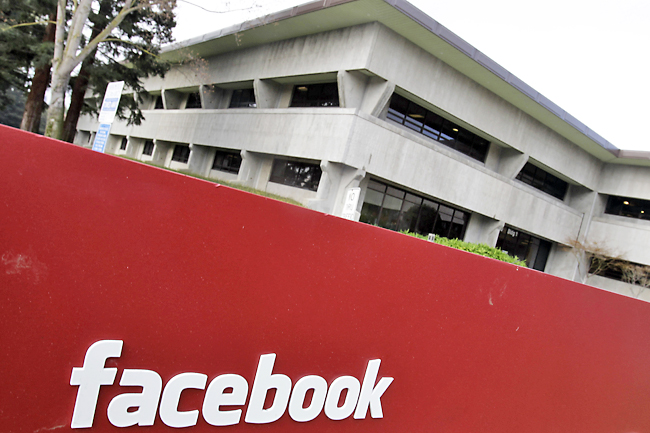ANNAPOLIS, MARYLAND (AP) – Attorneys in a federal court challenge to Maryland’s first-in-the-nation digital ad tax argued on Thursday about whether the law is a tax or an unconstitutional penalty targetting Big Tech.
Attorneys for the state of Maryland and a lawyer representing Big Tech gave arguments in a virtual hearing before United States (US) District Judge Lydia Kay Griggsby in a case that is being closely watched by other states that are also considering a tax for online ads.
Maryland Assistant Attorney General Julia Bernhardt defended the law as a legitimate revenue-raising measure approved by the state legislature to raise money for education.
Supporters have described it as a necessary step to modernise the state’s tax system.
“It’s not a penalty, and it’s not a regulatory fee,” Bernhardt said of the law, adding: “It benefits the entire public, and that’s the most important factor.”

The law was approved by Democrats who control the legislature, over the veto of Republican Governor Larry Hogan, to raise an estimated USD250 million a year to help pay for a sweeping K-12 education measure to expand early childhood education, increase teacher salaries, boost college and career readiness and help struggling schools. The law was challenged in US District Court in Maryland just days after the veto override last year.
Attorneys representing the US Chamber of Commerce, the Internet Association, NetChoice and the Computer and Communications Industry Association are challenging the law. They said it violates the federal Internet Tax Freedom Act, which prohibits discrimination against electronic commerce, as well as other federal laws.
Michael Kimberly, who is representing the plaintiffs, argued the law is narrowly tailored, punitive and “extraordinarily burdensome”. He said it was specifically designed to have the biggest impact on companies like Facebook, Google and Amazon.
Kimberly cited criticism from Maryland lawmakers who have accused Big Tech of spreading disinformation and hate speech as an indication that the legislation had a punitive intent.
He also noted a follow-up bill lawmakers approved last year that exempted broadcasting companies and news organisations.
“The explanation is clear in the legislative history,” Kimberly said. “It’s because they were not the companies that lawmakers understood to be engaged in reprehensible conduct.”
He told the judge that the takeaway message was that it’s okay to be in the business of selling digital advertising if you are a small company and you don’t have too much influence.
“It’s also okay to be in this business if you’re a broadcasting company or a news organisation, but if you’re Big Tech, it’s not okay, and once you have outsize influence, you spread hate speech, we’re going to punish you for it,” Kimberly said. “That is clear in every element of this law.”






